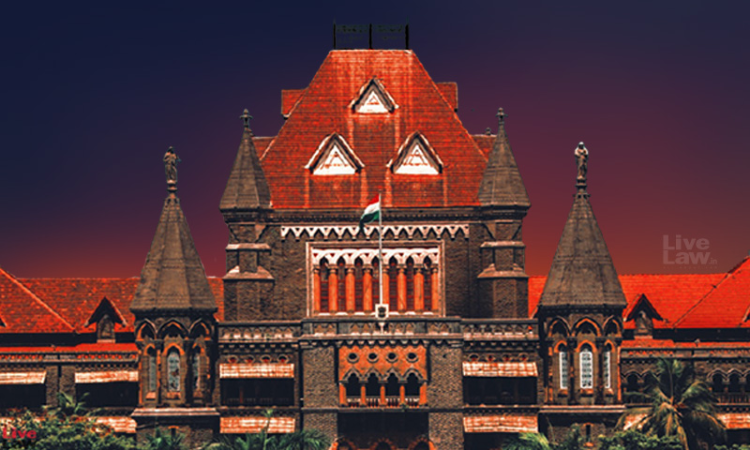PC Act - Mere Recovery Of Tainted Money From Accused Without Proof Of Demand Not Sufficient To Convict : Bombay High Court
Sharmeen Hakim
1 Sept 2021 2:44 PM IST

The court noted that proof of demand of illegal gratification is sine qua non for any offence under the Prevention of Corruption Act, and not just the recovery of tainted money.
Next Story


